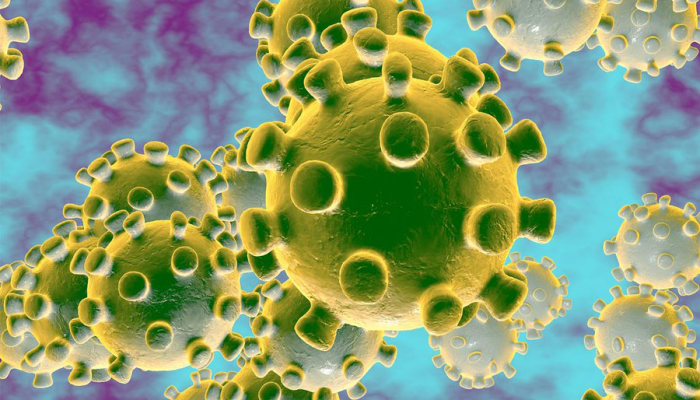Introduction
In today’s rapidly changing world, where health is paramount, it’s crucial to stay informed about the lingering health risks faced by survivors of COVID-19. Join us in exploring these ongoing concerns, backed by insights from the renowned World Health Organization (WHO), a global authority in health matters. In this article, we will delve into the post-COVID-19 landscape, shedding light on the challenges faced by survivors and offering valuable advice on safeguarding your well-being.
Understanding the Ongoing Health Risks
1. Respiratory Complications
COVID-19 often leaves a lasting impact on the respiratory system. According to WHO, survivors may experience persistent cough, shortness of breath, or even lung damage. It’s essential to monitor and manage these issues with guidance from healthcare professionals.
2. Cardiovascular Challenges
The virus can affect the heart, potentially leading to heart inflammation (myocarditis) or blood clotting issues. We’ll discuss the importance of regular heart health assessments and lifestyle adjustments to mitigate these risks.
3. Cognitive and Mental Health Effects
WHO highlights the mental health toll of COVID-19. Survivors may grapple with anxiety, depression, or “brain fog.” We’ll explore coping strategies, therapy options, and the significance of mental well-being.
4. Persistent Fatigue
Post-COVID-19 fatigue can be debilitating. WHO advises on managing this exhaustion through gradual physical activity and proper nutrition.
5. Immunological Challenges
The virus may affect the immune system’s functioning. We’ll delve into ways to bolster your immune system and reduce susceptibility to infections.

Insights from the World Health Organization
Let’s take a moment to introduce the WHO, a preeminent institution in global health. With decades of experience, they provide authoritative guidance on pandemics and diseases, including COVID-19. Their insights serve as a beacon of trustworthiness in these uncertain times.
Safeguarding Your Health
1. Regular Check-ups
Frequent medical check-ups are essential for monitoring your post-COVID-19 health. Consult healthcare professionals to address any emerging issues promptly.
2. Adopting a Healthier Lifestyle
Lifestyle changes can mitigate risks. We’ll discuss diet, exercise, and stress management strategies to bolster your overall well-being.
3. Mental Health Support
Don’t hesitate to seek mental health support if needed. Therapy and support groups can make a significant difference in your recovery journey.
4. Vaccination and Boosters
Stay up-to-date with vaccinations and boosters as recommended by healthcare authorities. These measures can provide added protection against the virus.
Comparative Table: Post-COVID-19 Health Risks
| Health Risk | Symptoms | Management |
|---|---|---|
| Respiratory Complications | Cough, Shortness of Breath | Medical Assessment, Pulmonary Rehabilitation |
| Cardiovascular Challenges | Myocarditis, Blood Clots | Heart Health Monitoring, Lifestyle Changes |
| Cognitive and Mental Health | Anxiety, Depression | Therapy, Support Groups, Self-Care |
| Persistent Fatigue | Debilitating Tiredness | Gradual Activity, Balanced Diet |
| Immunological Challenges | Weakened Immunity | Immune-Boosting Practices, Vaccination |
Conclusion
Surviving COVID-19 is an incredible feat, but understanding and managing the ongoing health risks is equally vital. With insights from the World Health Organization, we’ve explored the multifaceted challenges faced by survivors. By prioritizing your well-being, seeking professional guidance, and making informed lifestyle choices, you can embark on a path to a healthier and more resilient post-COVID-19 life. Remember, your health is your most precious asset, and it’s worth every effort to protect it.









